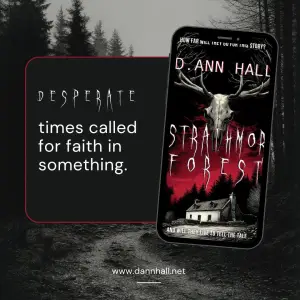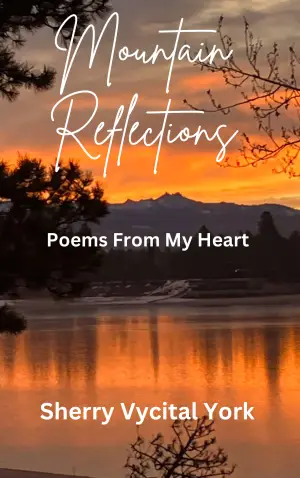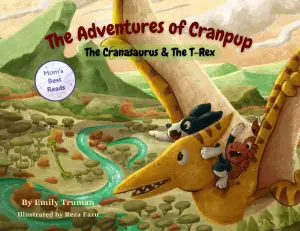As an avid reader who relishes diving into the world of short fiction, I was instantly drawn to The Penguin Book of the Modern American Short Story, edited by John Freeman. This anthology promises a rich selection of contemporary American storytelling from 1970 to 2020, showcasing voices that have significantly expanded the genre. I couldn’t resist the opportunity to explore stories by renowned authors like Ursula K. LeGuin, Jhumpa Lahiri, and Ted Chiang, among many others. Given my passion for diverse narratives, the idea of discovering how the short story has evolved over the last five decades was incredibly appealing.
From the very first story, I was enveloped in a tapestry of voices and styles, illustrating the astonishing range of modern American short fiction. The anthology not only highlights well-known authors but also features often-overlooked contributions from writers like Dorothy Allison and Percival Everett, enriching my understanding of literary dialogues that have shaped contemporary storytelling. There’s a palpable energy in Freeman’s curation; he masterfully juxtaposes narratives across genres, including science fiction, horror, and fantasy. It was thrilling to see a story by Ted Chiang paired with a piece by Raymond Carver, allowing me to appreciate how these distinct styles can coexist in conversation.
One of the standout elements for me was the variety of themes tackled throughout the collection. Stories by Lauren Groff and Ted Chiang touch on urgent ecological concerns, making me reflect on our times and the challenges facing our planet. I found myself both challenged and moved by how these authors engage with the world around them. Freeman’s selection not only celebrates a wealth of talent but also prompts readers to reconsider some of the essential narratives of our society.
However, as much as I enjoyed this anthology, I had a couple of minor grievances. One limitation I noticed was the pacing; with nearly 500 pages, certain stories felt rushed or left me wanting more depth, particularly those that were shorter. For instance, stories by George Saunders often leave readers with a sense of profundity that lingers just beyond the textual horizon, while some of the shorter contributions felt like they barely scratched the surface. I appreciated their brevity, but wished for slightly more space to expand their ideas.
Moreover, while the variety of genres was exciting, there were moments when I found the abrupt shifts in tone or style between stories jarring. For example, transitioning from the haunting solitude in a piece by Lydia Davis to a fantastical story by Stephen King felt like a whiplash effect. While I appreciate the eclectic nature of the anthology, moments like these disrupted my flow as a reader.
Despite these drawbacks, the strengths of this anthology far outweigh any minor issues. The vast landscape of modern American short fiction presented in this collection genuinely met my expectations and then some. The compelling narratives and diverse voices have enriched my appreciation for the short story genre. Freeman’s meticulous curatorial eye has not only illuminated the evolution of short fiction but also provided a glimpse into the heart of contemporary American life.
In conclusion, I wholeheartedly recommend The Penguin Book of the Modern American Short Story to anyone who appreciates the art of storytelling. Whether you’re a longtime fan of the genre or new to short fiction, this collection will undoubtedly offer you treasures waiting to be discovered. A beautiful blend of the established and the emerging, it celebrates the richness of our literary heritage while inviting readers to reflect on the present and future.








